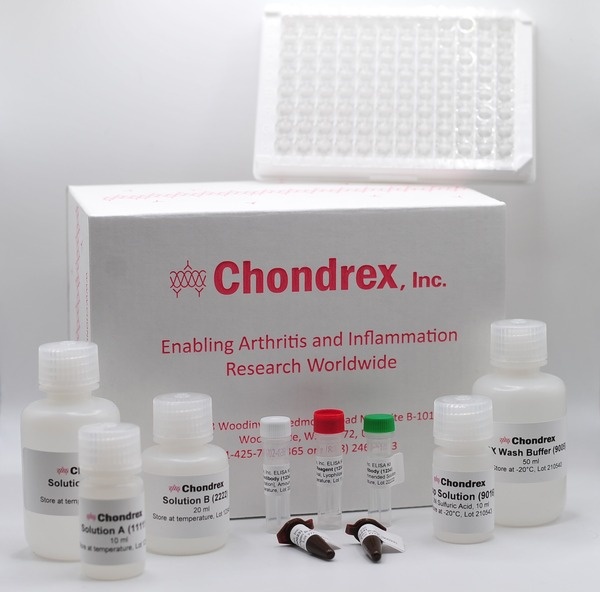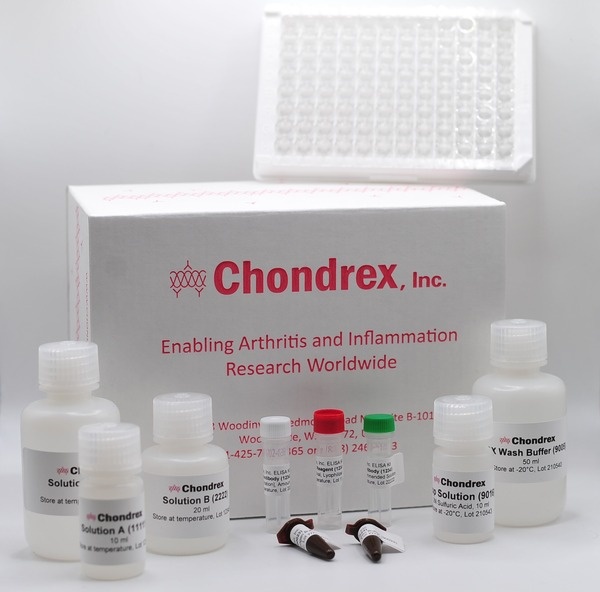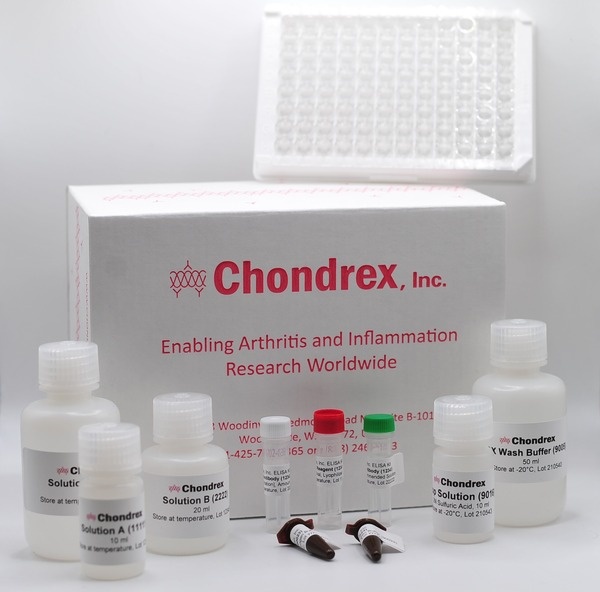High levels of serum autoantibodies against deoxyribonucleic acid (DNA) are observed in most patients with systemic lupus erythematosus (SLE) (1, 2), therefore anti-DNA antibody is considered as a valuable marker for the diagnosis of SLE. Especially, the serum anti-DNA antibodies form anti-DNA/DNA immune complexes which play important roles in the immunophathogenesis of renal injury known as lupus nephrits (3). With regards to the specificity of anti-DNA antibodies, anti-single stranded DNA (ssDNA) lgG antibodies are elicited in the early stage of SLE, whereas anti-double stranded DNA (dsDNA) lgG antibody levels correlate with the severity of SLE. On the other hand, anti-dsDNA lgM antibodies are not specific to SLE, but correlate with protection from lupus nephritis in patients with SLE (4, 5). Therefore, evaluation of immunoglobin isotypes against individual DNA types may indicate stages and prognosis of SLE.
Mouse models, which translate relevant information to the human condition, elucidate the cellular and genetic requirements for SLE induction. For example, in spontaneous murine NZB/W F1 lupus models, anti-dsDNA antibody isotype class switching from lgM to lgG is associates with renal failure which is similar to human SLE (6). Nonetheless, in artificial pristane-induced Balb/c lupus models, anti-ssDNA lgM antibodies solely contribute to SLE induction (7-9). Therefore, to study the diverse contributions of anti-DNA antibodies in these mouse SLE models, Chondrex, Inc. provides anti-dsDNA lgG (Catalog# 3031) and anti-ssDNA IgG (Catalog# 3041) antibody ELISA kits, as well as anti-dsDNA lgM (Catalog# 3032) and anti-ssDNA lgM antibody ELISA kits (Catalog# 3042).
Mouse Anti-DNA IgG Antibody ELISA Kits
| Product | Catalog # | Price (USD) | |
|---|---|---|---|
 |
Mouse Anti-dsDNA IgG Antibody Assay Kit | 3031 | 410.00 |
 |
Mouse Anti-ssDNA IgG Antibody Assay Kit | 3041 | 410.00 |
Mouse Anti-DNA IgM Antibody ELISA Kits
| Product | Catalog # | Price (USD) | |
|---|---|---|---|
 |
Mouse Anti-dsDNA IgM Antibody Assay Kit | 3032 | 410.00 |
 |
Mouse Anti-ssDNA IgM Antibody Assay Kit | 3042 | 410.00 |
References
- D. Koffler, V. Agnello, R. Winchester, H. G. Kunkel, The occurrence of single-stranded DNA in the serum of patients with systemic lupus erythematosus and other diseases. J Clin Invest 52, 198-204 (1973).
- H. Sarvas, M. Gripenberg, M. Leirisalo-Repo, Anti-DNA antibodies: the choice of assays for routine diagnostic work. Acta Pathol Microbiol Immunol Scand C 93, 13-18 (1985).
- D. Adu, J. Dobson, D. G. Williams, DNA-anti-DNA circulating complexes in the nephritis of systemic lupus erythematosus. Clin Exp Immunol 43, 605-614 (1981).
- H. Krippner, S. Merle, K. Jörgens, K. Pirlet, Antibodies to dsDNA and ssDNA in the immunoglobulin classes IgG and IgM: prognostic value in the course of SLE. Z Rheumatol 43, 265-271 (1984).
- M. Okamura et al., Significance of enzyme linked immunosorbent assay (ELISA) for antibodies to double stranded and single stranded DNA in patients with lupus nephritis: correlation with severity of renal histology. Ann Rheum Dis 52, 14-20 (1993).
- N. Talal, Disordered immunologic regulation and autoimmunity. Birth Defects Orig Artic Ser 14, 197-207 (1978).
- D. Perry, A. Sang, Y. Yin, Y. Y. Zheng, L. Morel, Murine models of systemic lupus erythematosus. J Biomed Biotechnol 2011, 271694 (2011).
- D. M. Tillman, N. T. Jou, R. J. Hill, T. N. Marion, Both IgM and IgG anti-DNA antibodies are the products of clonally selective B cell stimulation in (NZB x NZW)F1 mice. J Exp Med 176, 761-779 (1992).
- M. Satoh, A. Kumar, Y. S. Kanwar, W. H. Reeves, Anti-nuclear antibody production and immune-complex glomerulonephritis in BALB/c mice treated with pristane. Proc Natl Acad Sci U S A 92, 10934-10938 (1995).